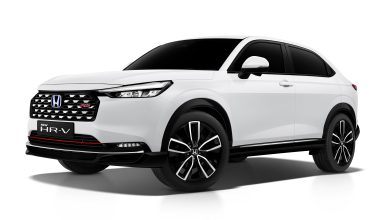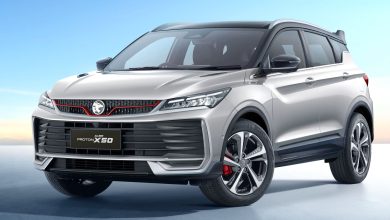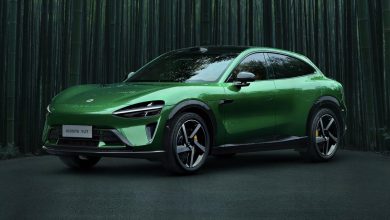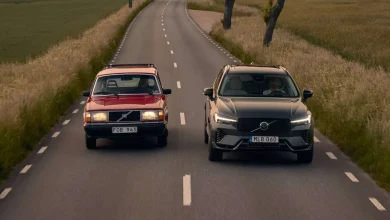Volkswagen Sells Its Chinese Factory And Test Track To SMVIC

News of this sale came at the same time Volkswagen extends its long-standing partnership with SAIC.
While Volkswagen may currently be thinking of shutting down 3 of its factories in Germany, it has actually already gone and done just that in China. Such is as the German marque recently sold its operation in Xinjiang, after years of mounting pressure to abandon its presence in the region.

In a deal first reported by Reuters, Volkswagen and its collaborative Chinese partner SAIC will be selling their in Xinjiang to Shanghai Motor Vehicle Inspection Certification (SMVIC). SMVIC will incidentally also take over SAIC/VW’s test tracks in Turpan, Xinjiang, and Anting in Shanghai.
SMVIC is to be a unit of state-owned Shanghai Lingang Development Group, and it has since pledged to take on all the employees at this site. Stakeholders including the state of Lower Saxony, Volkswagen’s second-largest shareholder, welcomed the sale.
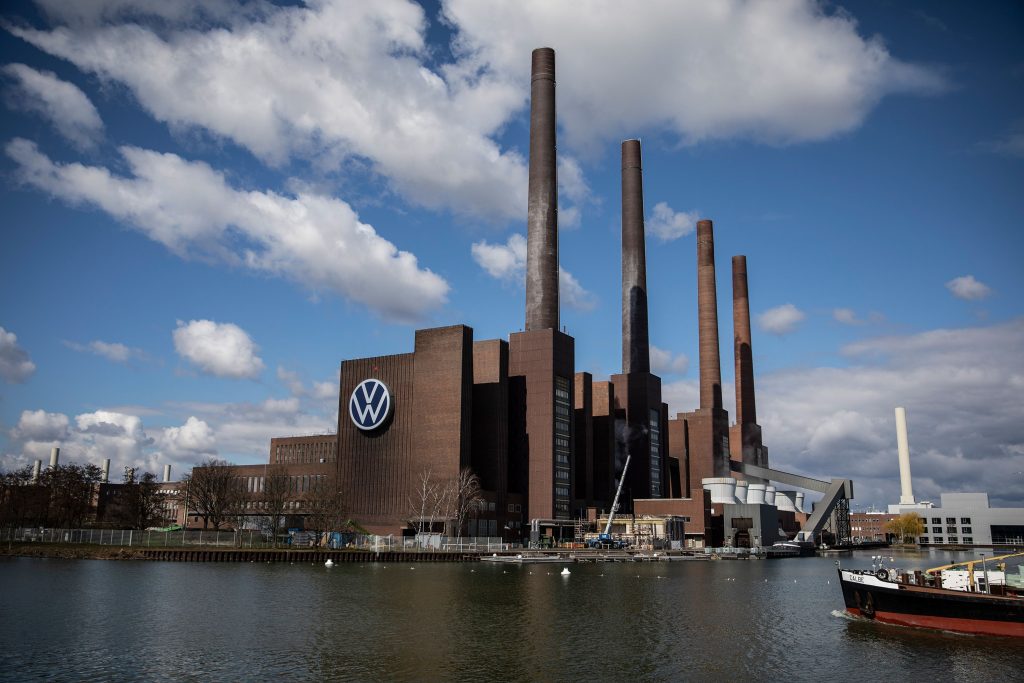
Volkswagen’s Xinjiang plant first opened in 2013 and previously assembled its popular Santana model, but its manufacturing has dwindled significantly in recent years after the automaker cut jobs. The facility had the capacity to manufacture 50,000 units annually, but had not produced any cars since 2019. Only about 200 employees are currently on staff at the site, with their responsibilities being to conduct final quality checks and hand over vehicles to dealers in the region.

The German automaker has since denied reports that it kept the plant open as a condition from Beijing to keep producing across China. It said on Wednesday that the decision to sell the plant was made for economic reasons.
And in a likely attempt to deflect talk regarding this sale, Volkswagen had also announced at the same time it would extend its partnership with SAIC by a decade to 2040. The German automaker touts that this continued partnership aims to release 18 new models by 2030, including two extended range models for Chinese consumers in 2026.

This recently-extended partnership between Volkswagen and SAIC could be seen a major move by the German automaker in its biggest market, where its sales have recently been flagging. It does nevertheless comes as trade tensions grow between Beijing and Brussels and Washington, with the West recently announcing harsh sanctions on China-made products.
Brussels previously imposed hefty punitive import tariffs on China-made EVs, with SAIC incurring the highest rate of 35.3%. U.S. President-elect Donald Trump meanwhile vowed on Monday to introduce duties of 25% on imports from Mexico and Canada, in addition to 10% on Chinese goods.

